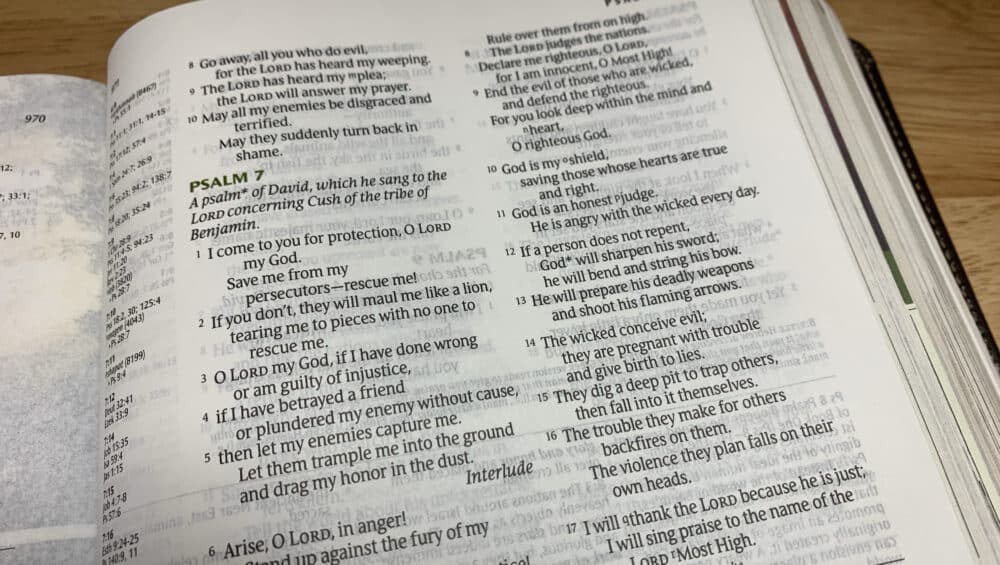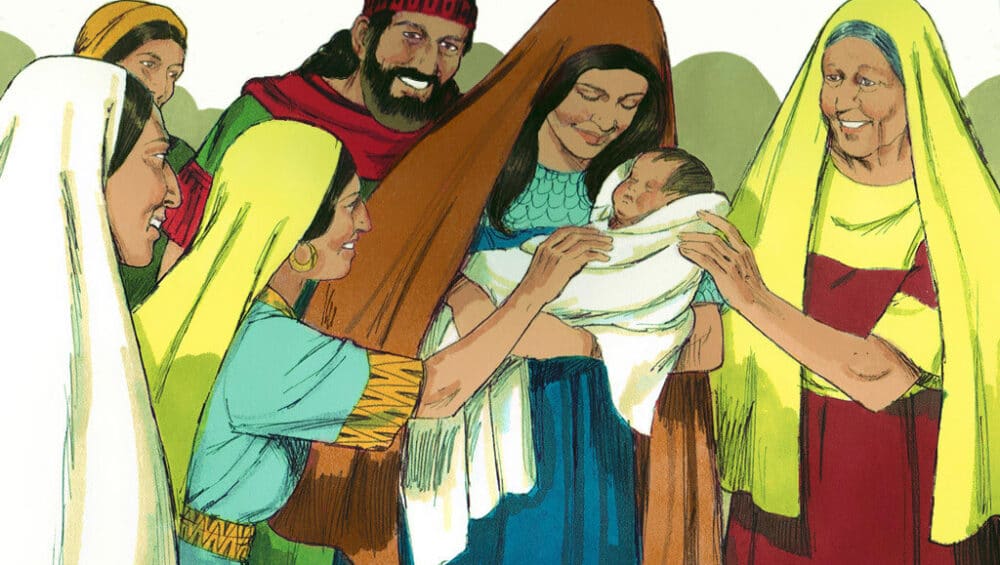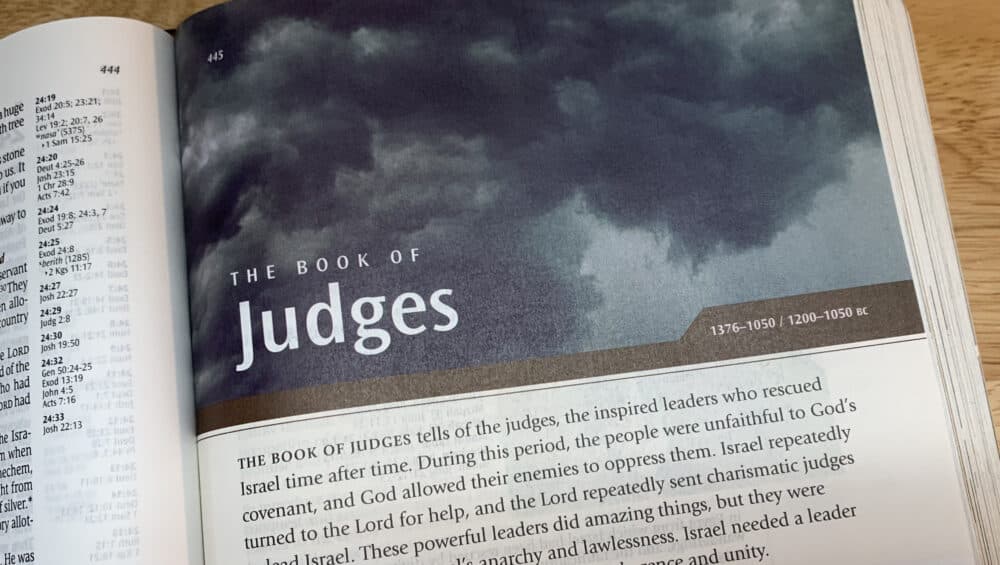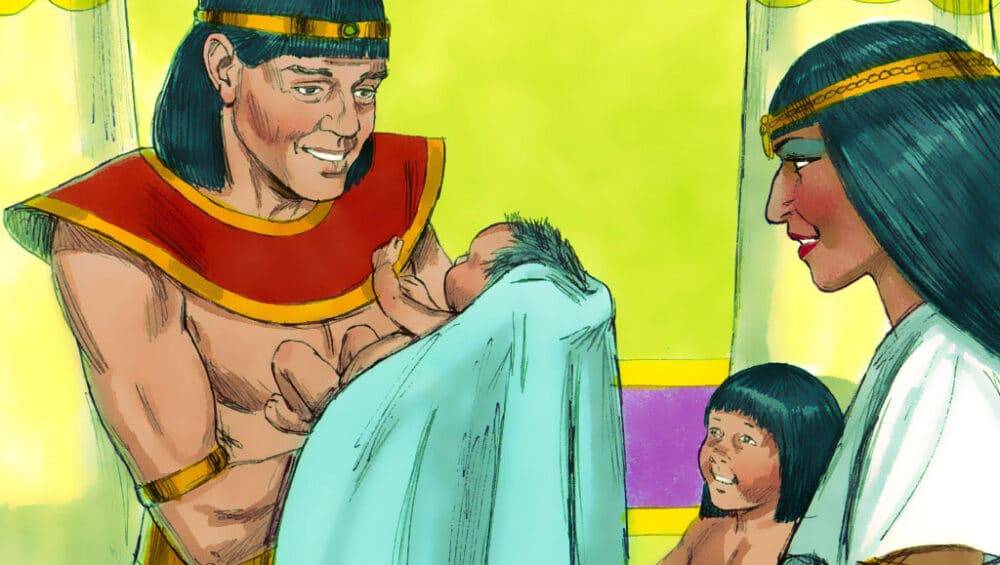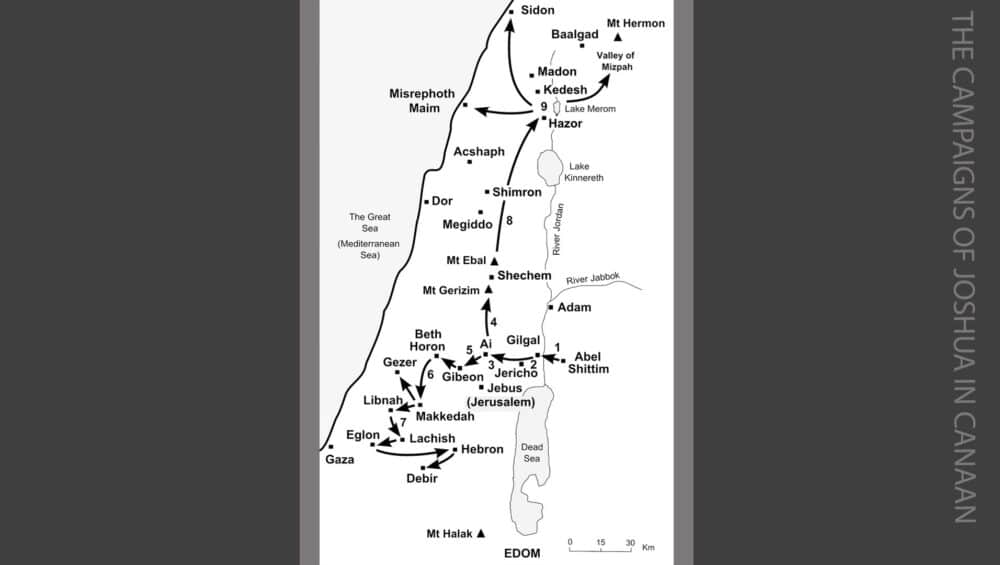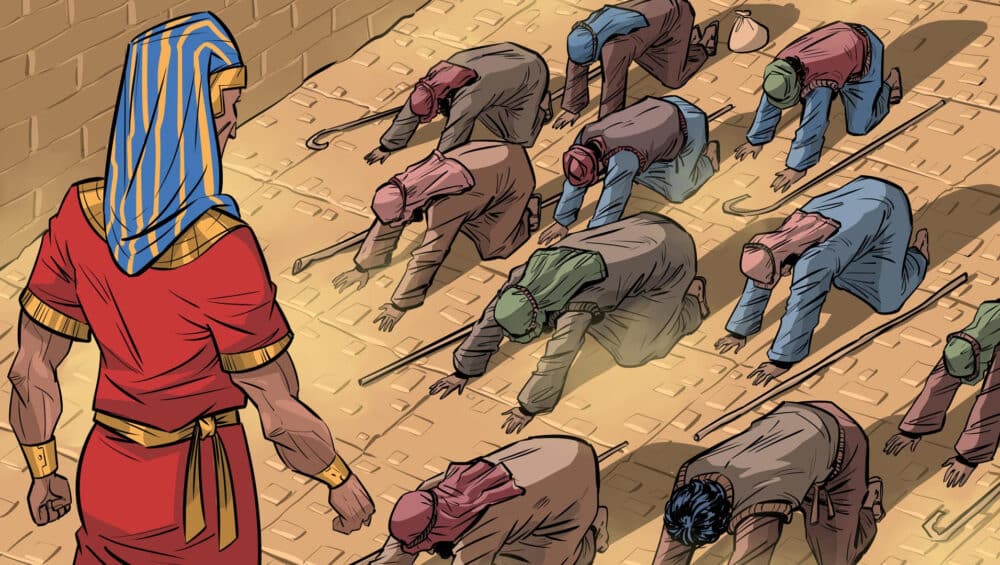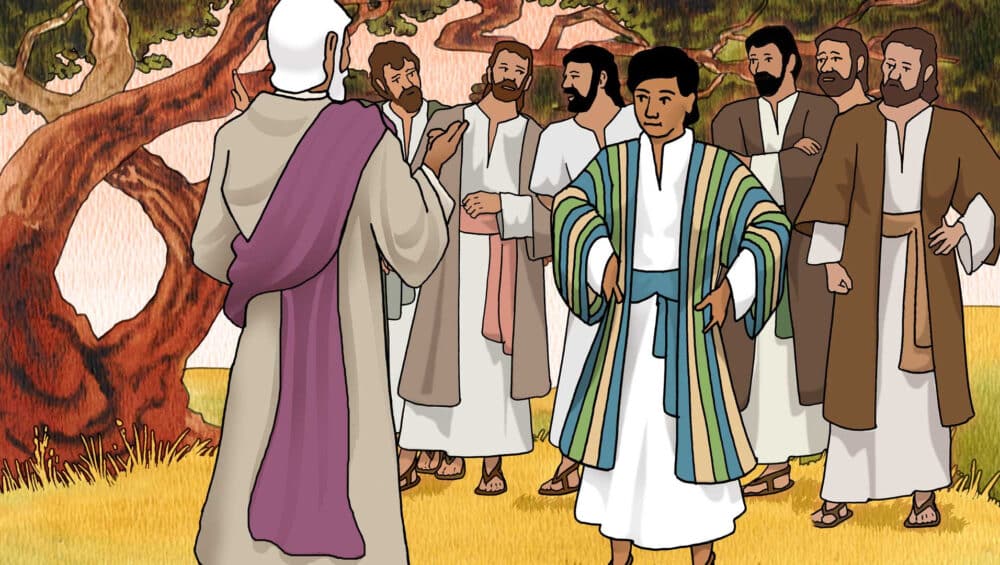Wycliffe BibleTranslators of Russia
Welcome to Livin’ Light’s Bible-In-A-Year challenge of discovering God’s love for us and His purpose for our lives. Here is the format for this great adventure: The daily reading assignment is posted at 5 a.m. After each day’s reading, Leigh An Coplin, the blog host, shares observations and poses questions about difficult passages to Rob Fields, who studied Christian Education at Asbury Seminary and currently teaches Biology in the Orlando area. To start from the beginning, click on 365 Bible Readings and scroll down to Day 1. The reading schedule is taken from The One Year Chronological Bible NLT.
Today’s Reading
— Genesis 42-45:15
(1875 BC) Click here for a timeline of the whole Bible.
Questions & Observations
Q. (42:9): Joseph sees his dreams come true. Are we to believe that this just happened, that Joseph can see into the future or that God made it happen? In Gen. 45:5, Joseph said that it was God who sent him to Egypt to save his family.
A. My interpretation would be that God was telling Joseph in the vision that he would be the leader of his family, and that his power would rise even above his father Jacob (the sun in Joseph’s dream). It was God that provided the vision to Joseph, but it was unclear exactly HOW this would come about. God’s actions, especially providing Joseph with the interpretation of dreams that he could not have known otherwise, certainly points to God being involved in the process, but you can decide for yourself if God “made it happen” in the deterministic sense.
Q/O. (42:14): I see a common scenario thus far in the Bible of schemes for the purpose of assessing loyalty, honor and love. 1) In the Garden, the serpent tempts Eve and Adam to see if they are following God’s commands. Adam and Eve fail and lose their cushy lifestyle. 2) God tests Abraham’s loyalty by asking him to sacrifice Isaac, his only son. Abraham is rewarded with a blessing that he is the father of many and through his descendants, all nations will be blessed. 3) Jacob’s loyalty to God is tested when he is tricked by Laban and has to put up with Laban’s cruelty. Jacob remains true to God, giving Him the credit for his fortune. 4) Jacob tests his father-in-law with his spotted goats and sheep. Laban tries to trick Jacob, but it backfires on him. He fails the test. Jacob outwits him and prospers. 5) Joseph tests his brothers compassion by planting a silver cup in Benjamin’s bag and accusing him of stealing. Joseph wins his brothers back. There are obvious reasons for these tests of love and loyalty. These tests seem necessary to set wrongs right or weed out the bad apples. God has apparently administered some of these tests himself and allows others to test on his behalf. Who tests us — God, the devil or both?
A. Let me start by saying that you have asked a complicated question that does not have a single concrete answer. In James 1:13, James tells us that God does not tempt anyone to evil, at least directly. But it is quite clear in the information you have assembled that God DOES allow testing of our hearts, in the examples that you cite, and even in the life of Jesus who was led by the Spirit into the wilderness specifically to BE TESTED by Satan (in Matthew 4). So scripture does show that God is willing to put us to the test in order to prove (to ourselves and those around us) that our faith is genuine and not easily cast aside. We will see more examples of the temptation God allows in Job (our next reading) and Exodus.
O. (42:21): Joseph’s brothers feeling that they are suffering the consequences of mistreating their brother reminds me of “an eye for an eye …” Exodus 21:24.
O. (42:32): This verse shows the class inferiority between the Egyptians and Joseph’s brothers. It’s interesting whom God chooses to carry out his work, not the most famous or rich, but more often, the humble.
Q. (43:37): Jacob’s sons from Leah are not his favored sons. We know that this troubles the brothers. But, yet, here they change their attitude and promise to protect the one known surviving favored son. Can you give us some insight on why they changed?
A. I think that they are changed men, but their resolve to protect Benjamin comes down to their love for their father. The story seems to imply that the brothers feel that if they return to Jacob without Benjamin, Jacob will die of a broken heart, having lost both of the sons he cares most about. It would appear that, besides Reuben who obviously thought the whole idea was a bad one, the other brothers came to regret their decision, and they probably DID assume that Joseph was dead- in that regard they told the truth as they understood it.
Q. Also, we talked in an earlier day’s readings about how Joseph was sold as a slave because of his bragging about his dreams. Potiphar noticed God’s presence in Joseph, so when was his turning point to follow God?
A. It appears being sold into slavery was Joseph’s turning point as well. While the text does not state it, it appears that slavery humbles him and helps him to focus on God. Since he is a slave, Joseph is “stuck” in his service to Potiphar (and later the jailer), but rather than be bitter about his downfall, Joseph trusts that God will restore him.
Q. (44:15) Was Joseph a prophet?
A. In the sense of being able to see the future? Sort of. Don’t forget, the story told us that the only vision that was actually Joseph’s was the one of his family bowing down to him. The rest of the visions and dreams have been from other people (the baker, cupbearer, and Pharaoh). So I would be hard pressed to declare Joseph a prophet. In the particular verse in question, it almost appears that Joseph is just using bluster to intimidate his brothers. He can’t really see how things are in the future, he’s just bragging to them.
The other thing that is worth mentioning is our understanding of the word “prophet”. The word has a very particular meaning to Jewish readership in particular. The Prophets (capital P) were a particular group of individuals whose were give a particular vision by God: to call His people back into right relationship with Him. Prophecy is not just about predicting the future, but rather about calling for people to repent and return to the ways they know to be true but are not following. The “future” aspect of prophecy works in two ways: the prophet will warn about what happens if the people fail to repent (Jeremiah is the poster boy of this), and the other way prophecy works is in more the sense we are used to seeing. A prophet such as Isaiah will talk about a day in the future when God will act in a particular way to restore things that have gone wrong (the result of the people failing to repent). Basically, prophesies such as those about Jesus are about the way that God will restore things to rights, and not abandon His people. So in this definition, I would say we can clearly see that Joseph is not a prophet in the sense that the Bible defines it.
Q. (37:7) I’m backing up here to address something I forgot in Day 14. I have never appreciated egoism. Personally, I would have sided with the brothers. This conflict seems to work in God’s favor in the long run, but he hasn’t purposely set it up like this, right? He just knows how it will turn out. I’m trying to accept that God doesn’t control people, he just knows what they are going to do. In this story of Joseph and his brothers, it’s hard not to think God is making conflict for his own purposes, especially when Joseph said that God made it all happen to save their lives (45:5).
A. This is a pretty complicated story, and it can be hard to sort out exactly what God is doing with these men. As I mentioned a couple of days ago, it is important to understand that without Joseph in Egypt, the family probably starves. Now having said that, you are touching upon one of the most important issues that the Bible wrestles with: what role does God play in our destiny (if any)? I can tell you honestly that its not going to get any easier, as both Exodus and Job both discuss this issue in complicated ways. So buckle up, we’ve got a ways to go.
My response to the issue of God “setting up” the situation for the brothers is one where I would disagree. The mindset that I bring to complicated scriptures like this one (and others such as the crucifixion, by the way) is to say God did not cause people to do evil things. God did gift Joseph with visions of the future, but He did NOT make Joseph arrogant and desire to brag about his visions to his father and brothers. God certainly did not make Joseph’s brothers desire to kill him, and then settle on selling him into slavery. But God may have provided a way of protecting Joseph: He may have made it so that the caravan that Joseph was sold to pass at just the right moment to keep his brothers from killing him (since slavery is vastly preferable to being dead). In the end, Joseph being in Egypt allows his brothers the chance to find forgiveness, after everyone (including Joseph) has been punished for their sins. So basically, did God cause the situations in this story? I would say no (though I think there would be some who would disagree with me). But God did bring salvation to the family THROUGH the terrible actions of Joseph and his brothers.
This is foreshadowing of the cross itself and the sacrifice of Christ (Joseph being the Christ figure). Did God make Judas betray, Caiaphas accuse, and Pilate condemn? No. The crucifixion was the darkest moment in human history: the one man in the entire world who was truly innocent of sin was tortured and brutally killed in our place. Yet that moment was necessary for the restoration of God and man. Out of that moment of darkness, God brought light three days later. The darkness of the crucifixion changed everything. God took the worst of who we are, our jealousy, our fear, and our willingness to kill, and used it to bring about the salvation of the entire world. That is the true power of God’s grace: not to cause evil, but to bring goodness through it.
For further interest
More on biblical famine: https://theconversation.com/famine-in-the-bible-is-more-than-a-curse-it-is-a-signal-of-change-and-a-chance-for-a-new-beginning-152288
Shop: Jacob’s children — Joseph and his brothers — offer so many examples of sour states of mind that are timeless: we experience them today just like they did more than 3,500 years ago. Help yourself get out of negative spiraling of your thoughts with Livin’ Lights “All Good Thoughts” shirt, the Good Life shirt or maybe if you are holding resentment, Forgive 490.
Tomorrow’s reading: Genesis 45:16-47:27

